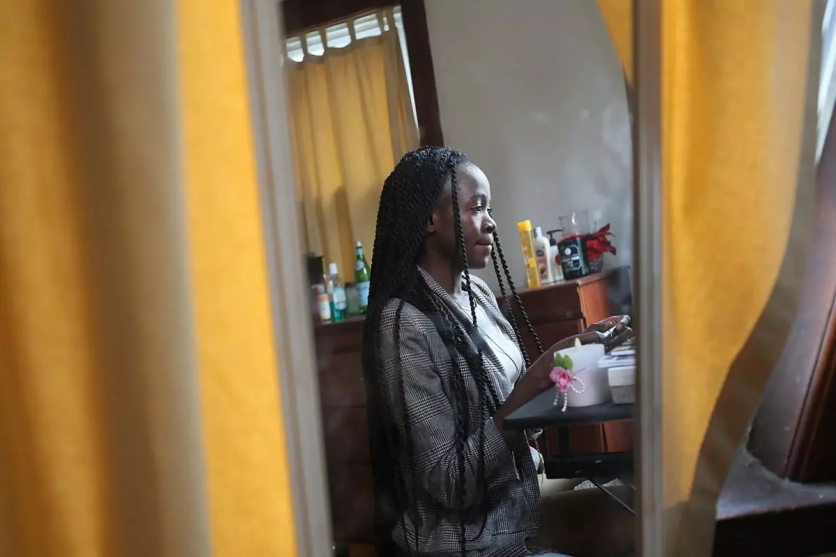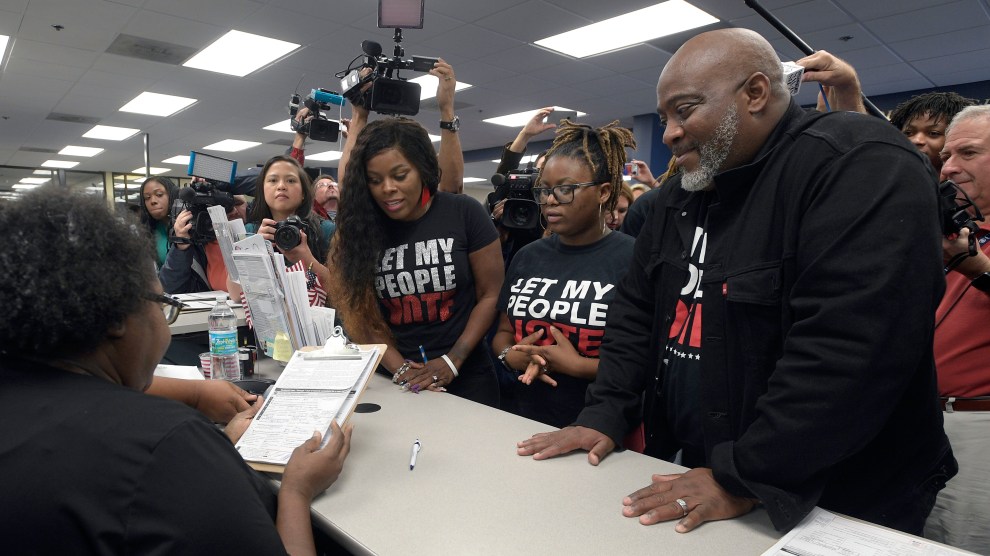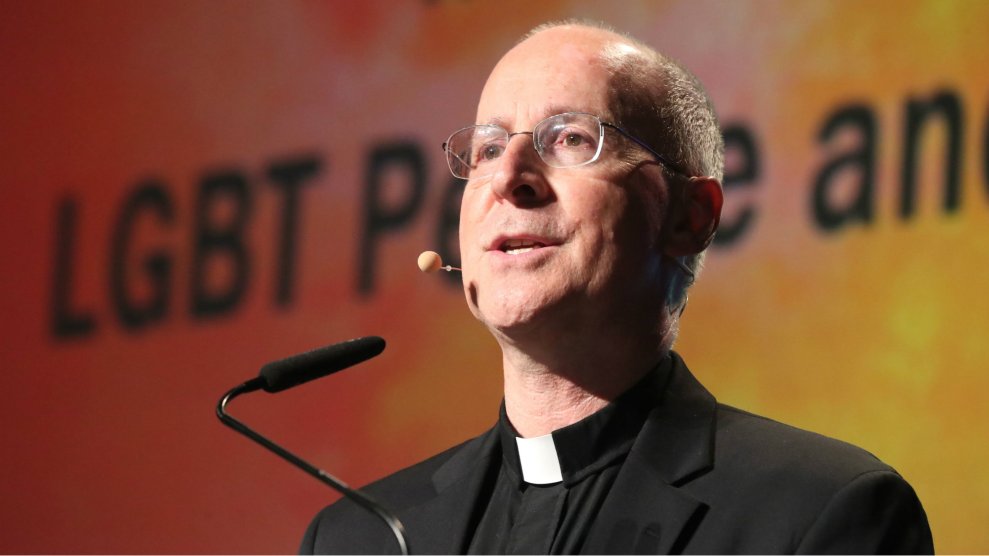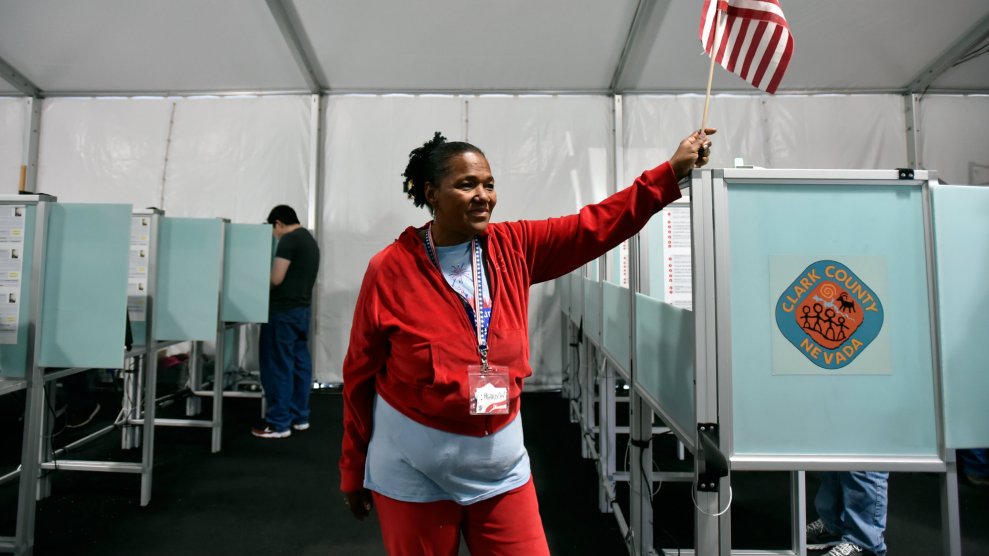
Suzanne Kreiter/Boston Globe
For a decade, a dedicated team of volunteers at Rev. Judith Hanlon’s Hadwen Park Congregational Church has helped more than 150 gay and transgender immigrants make a life for themselves in America.
Mainly from Africa and the Caribbean, many of these men and women seek out the little wooden church in central Massachusetts, sometimes arriving without notice, looking for refuge from a homeland that showed them little but hostility and prejudice. Hanlon has made helping them a mission of her flock.
“I couldn’t take the constant harassment,” says Vanessa Okumu, a 26-year-old from Uganda, who the church has placed in an apartment in Worcester, a city where 21 percent of the population is from another country.
Under the program, which is free of state and federal funds, Okumu will receive the help she needs to obtain a Social Security number and a work permit. “I was so lucky,” Okumu says of the church’s assistance. “I didn’t know what I was going to do,” she tells the Boston Globe.
Recharge is a weekly newsletter full of stories that will energize your inner hellraiser. Sign up at the bottom of the story.
- Maximizing his time. Bob Charland was a former bouncer with a fatal diagnosis. The Springfield, Mass., mechanic resolved to use what time he has left to fix up bikes for underprivileged kids. “I realized that I could still get up every day and do the projects that I want to do to help people,” Charland said. Since spring of 2017, he’s spent $10,000 to rehab and distribute about 1,000 bikes to underprivileged children. He works with local police to deliver the bikes to local schools and give safety lessons. (Washington Post)
- Still a nice guy. We’ve profiled Yassin Terou before, after the Syrian refugee’s falafel shop in eastern Tennessee was named “the nicest place in America.” Now he’s among the many food providers offering free meals to federal workers during the government shutdown. “These guys are our brothers and sisters, and they already did the work, and they aren’t getting paid,” he said. (Good Morning America)
- Serving millions. Isabelle Kelley created a program that now helps feed 38 million Americans—a program that started with milk and expanded to food stamps. More than two decades after her death in 1997, Kelley was honored last week with a New York Times obituary as part of a series on under-recognized women leaders. (New York Times)
- Prevention for homelessness. Hailing from Geelong, Australia, a new approach to tackling youth homelessness is headed to Seattle. The key steps to this program is identifying, through school surveys, the students most at risk for homelessness, and help them. “We’re not going to end youth homelessness without actually keeping young people from coming into homelessness in the first place,” says Casey Trupin, of the Seattle-based Raikes Foundation, which is aiding the effort. (Seattle Times)
- A trim—and talk. Lorenzo Lewis found that people who need therapy often don’t seek it, so the barber started bringing therapy to them at his Arkansas barbershop. “The barbershop is a staple in the black community, and I want it to be a safe space where people can go and talk honestly about themselves,” said Lewis, who is training other barbers to recognize signs of depression and instability, ask questions, and guide customers to help. (The Philadelphia Citizen)
Have a Recharge story of your own or an idea to make this column better? Fill out the form below or send me a note to me at recharge@motherjones.com.
















